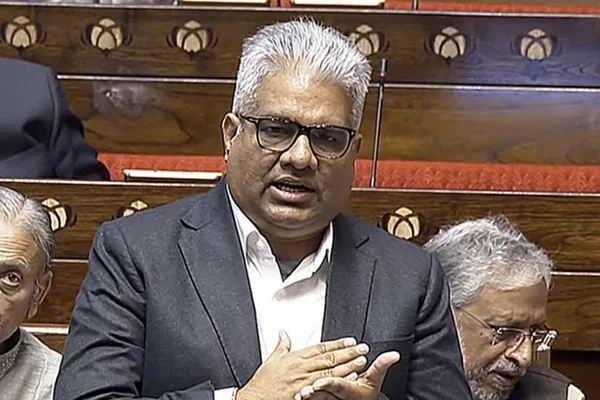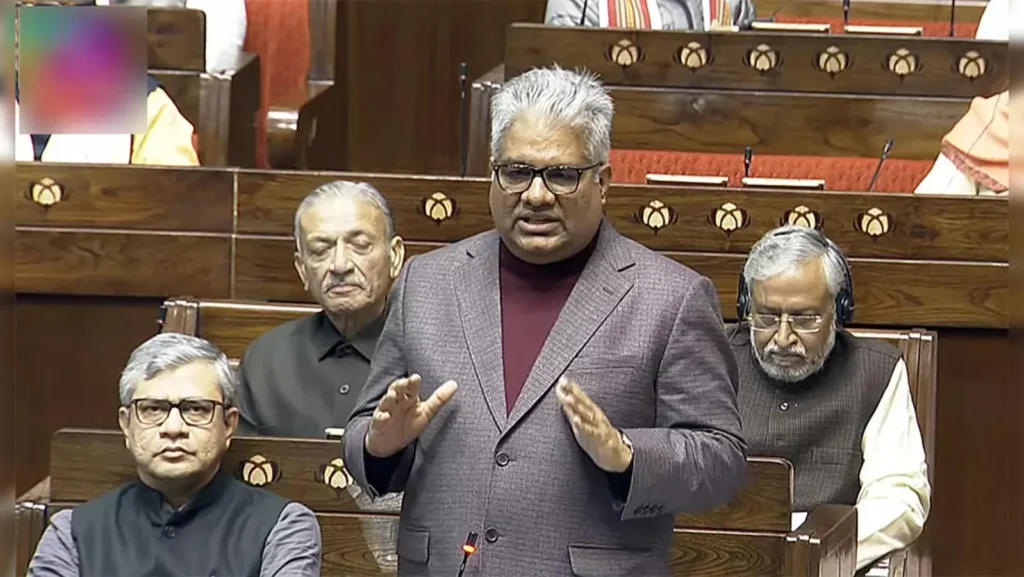Water (Prevention and Control of Pollution) Amendment Bill 2024 decriminalises minor offences related to water pollution and exempts certain industrial plants from statutory restrictions.
Key highlights of the bill:
- Decriminalization and Penalties: It decriminalizes several violations that were previously punishable by imprisonment, instead imposing penalties ranging from Rs 10,000 to Rs 15 lakh.
- Application: It initially applies to Himachal Pradesh, Rajasthan, and union territories, with provisions for other states to adopt its applicability through resolutions.
- Consent Exemptions: It allows the central government, in consultation with the Central Pollution Control Board (CPCB), to exempt certain categories of industrial plants from obtaining prior consent for establishment, which was previously required under the Act.
- Guidelines for Consent: It introduces provisions for the central government to issue guidelines for granting, refusing, or cancelling consent by the State Pollution Control Boards (SPCBs).
- Chairman of State Board: Specifies the central government’s role in prescribing the nomination manner and service terms for the SPCB chairmen.
- Polluting Matter Discharge: Removes imprisonment as a punishment for discharging polluting matter, replacing it with financial penalties.
- Adjudicating Officer: It introduces the appointment of adjudication officers by the central government to determine penalties, with the ability to appeal their orders before the National Green Tribunal.
- Cognizance of Offences: It expands the scope for taking cognizance of offences to include complaints made by adjudicating officers.
- Government Departments Offences: It specifies penalties for heads of departments for offences committed by their departments, setting the penalty to one month of their basic salary.
About Article 252 of the Constitution:
- Power of Parliament to Legislate for Two or More States by Consent: If the legislatures of two or more States pass resolutions requesting the Parliament to enact laws on a subject in the State List, the Parliament can then make laws regulating that matter.
- Application of Such Laws to Other States: Any law so enacted by the Parliament may be adopted by any other State (not initially part of the request) by passing a resolution to that effect in its legislature.
- Amendment or Repeal of Such Laws: Any law made by Parliament under this article can only be amended or repealed by Parliament itself.
Ref: Source
| UPSC IAS Preparation Resources | |
| Current Affairs Analysis | Topperspedia |
| GS Shots | Simply Explained |
| Daily Flash Cards | Daily Quiz |


